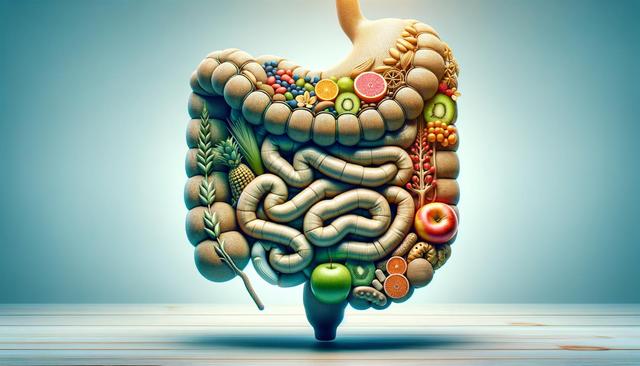The Importance of Gut Health
Your gut is home to trillions of microorganisms that support essential bodily functions, from digestion to immune response. When this system is thrown off balance, it can lead to a wide range of health issues. Understanding what affects gut bacteria is key to maintaining overall wellness. Factors like diet, stress, medications, and sleep patterns can disrupt the harmony of your gut flora, leading to discomfort and more subtle health concerns.
One of the hidden signs of an unhealthy gut includes chronic fatigue or unexplained tiredness. While we often associate gut issues with digestive symptoms, the effects can extend far beyond. People with imbalanced gut bacteria may also experience frequent infections, poor concentration, or even skin problems. Recognizing these signs early can help you take steps to restore gut balance before more serious conditions develop.
Common and Surprising Symptoms of Gut Imbalance
The gut’s influence on the body is extensive, and many symptoms might not immediately point to digestive issues. Beyond bloating, gas, or irregular bowel movements, there are several surprising symptoms of poor digestion that you might not associate with gut health:
- Frequent headaches or migraines
- Persistent bad breath
- Sudden food intolerances
- Unexplained mood swings or anxiety
- Unusual sugar cravings
These symptoms may be your body’s way of signaling that your digestive system isn’t functioning optimally. If you notice a combination of these issues, it might be worth exploring how to improve gut health naturally through dietary and lifestyle changes. Addressing these symptoms early can prevent more severe health outcomes down the road.
The Link Between Gut Health and Mental Well-being
The gut health and mental health connection is an area of growing research and interest. The gut is sometimes referred to as the




Leave a Reply